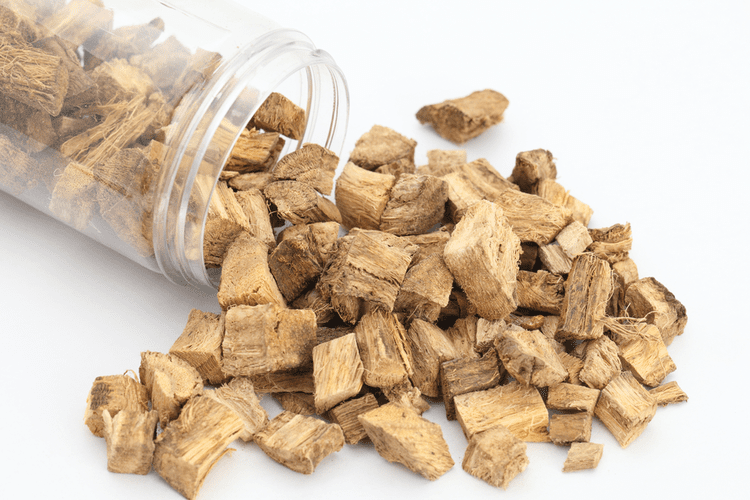Content
When it comes to providing family support in addiction recovery, there are countless ways to do so; we’re going to share with you some of the best ways to offer your love and encouragement. An important note to remember is that the effectiveness of addiction treatment involves a multitude of factors. INTERVENTION Interventions to address substance use disorder vary widely in format and style, but often share a common desire of seeing a loved one enter into addiction treatment. “The negative impacts of parental SUDs on the family include disruption of attachment, rituals, roles, routines, communication, social life, and finances. Families in which there is a parental SUD are characterized by an environment of secrecy, loss, conflict, violence or abuse, emotional chaos, role reversal, and fear,” according to an article by the NIH.

It’s important to become aware of any co-dependency, enabling, “crutch” habits and other such unhealthy behaviors in order to best support your loved one in recovery. Family stress is one of the leading triggers that can exacerbate mental health issues as well as contribute to a drug or alcohol relapse. Become aware of the unnecessary friction and drama in your home and relationships so you can do your part to develop healthy communication and create a safe space for open dialogues and emotions. Often one of the hardest adjustments for people in recovery is learning how to have fun without drugs or alcohol.
Make Starting Treatment a Priority
LIMITING TRIGGERS Family members can be a significant agent of support to a loved one in recovery by developing awareness of, and working to help manage potential environmental or social triggers. Stigma is a known barrier to treatment seeking, and can stop family members from seeking outside support, or individual treatment for themselves, or their loved ones. It takes time to go to personal therapy sessions, and there’s often family support in addiction recovery homework to complete between sessions. Family members who spend their time in these sessions may get the help they need in order to help others, and they may find the strength and resolve that’s been missing until now. Starting off the day with a brisk run or ending the workday with a few laps in the pool may not be every family’s idea of a great time, but these exercise sessions could deliver considerable benefits.

It’s critical that you get the support you need so you can be there for your family, which you can easily access through addiction support groups. Consider helping your loved one join a local sports league, find a book club or sign up to volunteer. There are plenty of options for spending time with friends that won’t jeopardize sobriety. Recovery can be stressful so it’s important to unwind and process treatment, https://ecosoberhouse.com/ too. Research by the National Institute on Drug Abuse shows that treatment programs that get the family involved experience better success rates than other programs that don’t encourage family involvement. Not only does therapy help family members to relate to each other, it can provide essential education. In therapy, family members gain a better understanding of addiction as a chronic brain disorder.
Healthy Roles Of Family Members In Addiction Recovery
Parents often worry about where their teen is and who they’re hanging out with. As a result, there are changes in parent’s behaviors and attitudes. While some parents battle being there emotionally for their child, others may misdirect their anger onto others. By going to a meeting and listening to other family members, feelings of isolation and doubt may begin to fade. Families may also get the skills they need to better handle the interpersonal problems they’re facing. These meetings can help families learn how to deal with a loved one’s addiction. Addiction affects everyone — not just the person struggling with substance misuse.
How does addiction affect the entire family?
How Addiction Affects the Family. Substance abuse affects a family on every level: emotional, psychological, financial, and social. A parent’s preoccupation with getting drunk or high can lead to neglect or abuse. The use of alcohol and drugs can lead to financial hardship, poverty, or bankruptcy.
Try to respect their wishes and get support for yourself while they work on their recovery. Maintaining health records and providing them to treatment providers as necessary. We have new Family & Friends groups starting regularly throughout the U.S. and around the globe. Is a great choice for multiple family members trying to find help. Bringing multiple members together allows clinicians to watch family dynamics play out in a safe and supportive environment. Caretakers are also martyrs of the family because they sacrifice themselves for what seems like the good of the family. CLOSED meetings are limited to people that identify as members or potential participants of the group.
Prepare meals and eat them as a family.
This can bring about its own trauma that needs to be addressed in therapy. This can be crucial in helping individuals stay motivated and on track with their recovery goals. Other groups address particular mental health disorders, such as the Depression and Bipolar Support Alliance, Obsessive Compulsive Anonymous, Social Phobics Anonymous, and Schizophrenics Anonymous. Family members may attend support groups with their loved one or attend their own support groups for families of addicts. The creation of healthy boundaries is a building block of recovery for the family.
